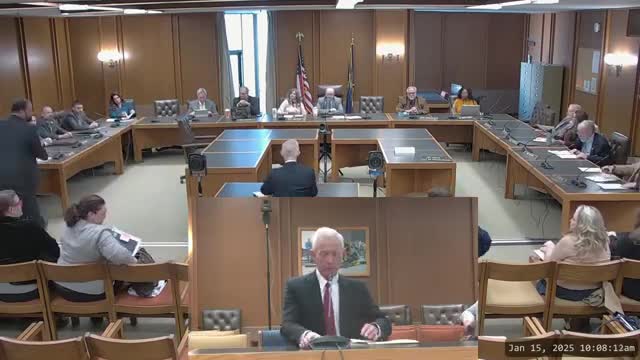Article not found
This article is no longer available. But don't worry—we've gathered other articles that discuss the same topic.
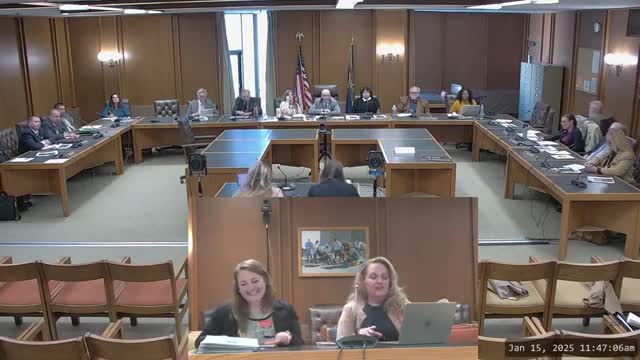
Coalition urges lawmakers to rely on crisis centers, SANE nurses and coordinated response for domestic and sexual violence and trafficking
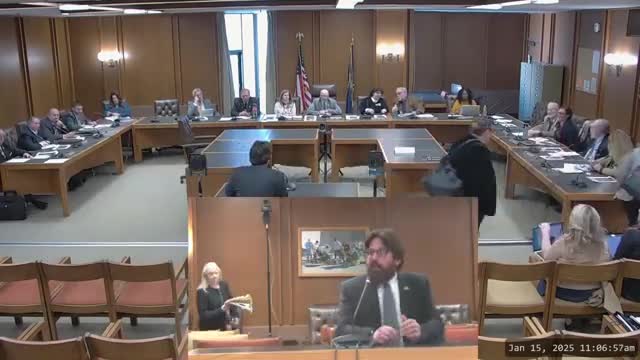
Sheriffs, county attorneys and chiefs urge legislators to consult law enforcement on bills; cite body‑cam costs and shared responsibilities
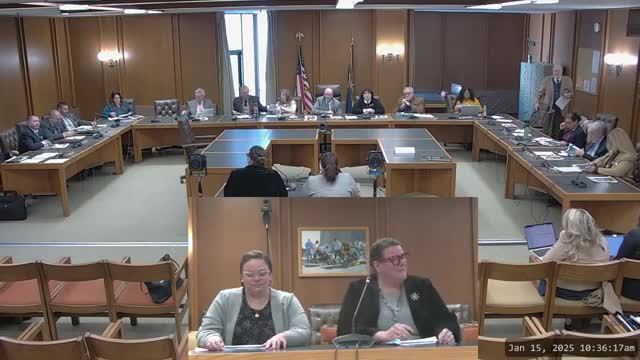
Corrections commissioner outlines reentry, treatment programs, costs and facility planning
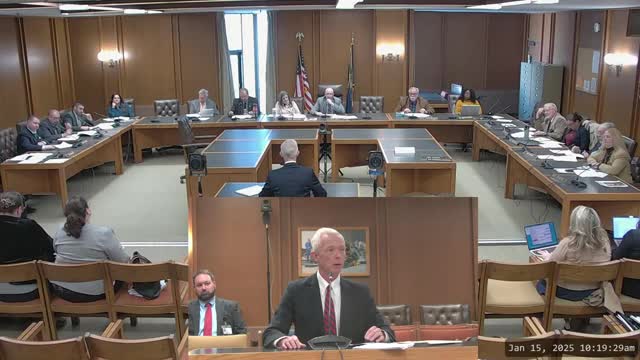
Public defenders and judiciary warn of indigent defense staffing crisis, arraignment and caseload strains
